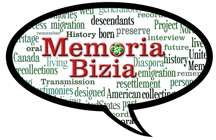
“You have to do the right thing….You may never know what results come from your action. But if you do nothing, there will be no result.”
(Mahatma Gandhi)
In recent years, we have unfortunately witnessed how rapidly the last massive Basque migrant and exile generation, dispersed throughout the world, is vanishing.
Memoria Bizia, the Basque Diaspora Living Heritage Project, has been designed with the goal of collecting, preserving and disseminating the history of Basque migration and exile through personal testimonies from Basques who left their country of birth as well as their descendants born in the United States and Canada. The oral history interviews will be centralized in public repositories for long-term preservation as a resilient statement of Basque identity and culture for future generations.
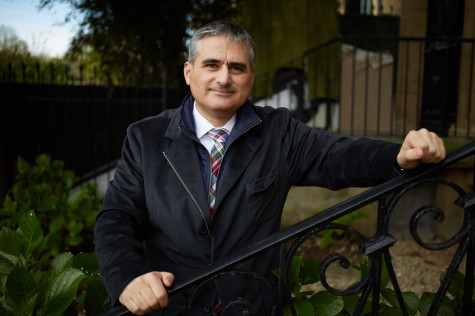
We are implementing the “Memoria Bizia” project through a community-development approach by empowering Basque local communities to get involved in the different stages of the project. Recent workshops to teach individuals how to conduct interviews have been held in San Francisco and Bakersfield, Calif. and Montreal, Canada. Other workshops are expected to be scheduled.
Members of local communities should become active participants in the project; not only through agreeing to be interviewed as a witness of a near past, but also by conducting interviews and helping to reconstruct the history of Basque migration and settlement. We want to empower Basque local communities and their associations as active participants in history, rather than passive subjects. Their collaboration and active involvement in the project is paramount for its success.
How to get involved
1. Express your desire to participate in the project by hosting a training workshop, which could help to recruit interviewers, or by joining an already established working team in your area.
2. As soon as the team is set up identify potential interviewees: the priority are Basque elders born in the Basque Country, in the US or Canada or elsewhere, who live in your local area.
3. Conduct the interviews and video record them.
4. Summarize and index the interviews.
What’s in it for you?
1. You will be part of the largest attempt to record the oral history of Basque migrants and exiles and their descendants.
2. You will be part of the largest network of volunteers ever assembled in the US and Canada with the urgent goal of collecting and preserving the direct testimonies of our elders. Basque associations and individuals from Montreal, San Francisco, Bakersfield, Chino, Ventura, etc., are stepping forward to become part of the project. This is just the beginning.
3. Your time and dedication will contribute to increase the knowledge about the history of your community, making it more visible to both the North American and the Basque societies.
4. We hope that your involvement in the project will also be rewarding personally and it will enrich you.
5. Your club, if that’s its desire, and you will be recognized by NABO for playing such an essential role in the project. Without your help there will not be a project.
6. From an academic point of view, if you are a college student or if you have already graduated, you will receive a certificate attesting to your participation in this international research project.
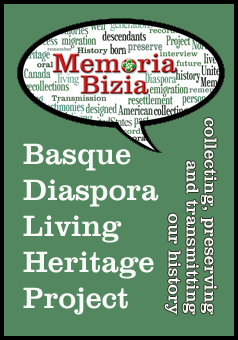 For more information, contact Dr. Oiarzabal at [email protected] or to schedule a workshop, contact Kate Camino of the North American Basque Organizations at [email protected].
For more information, contact Dr. Oiarzabal at [email protected] or to schedule a workshop, contact Kate Camino of the North American Basque Organizations at [email protected].
One young woman talks about the importance of preserving the older generation’s stories
Memoria Bizia is a project directed by Dr. Pedro J. Oiarzabal and funded by the North American Basque Organizations, the Basque Government, the Etxepare Basque Institute, and the University of Deusto.
Dr. Oiarzabal is the author of Gardeners of Identify: Basques in the San Francisco Bay Area and The Basque Diaspora Webscape: Identity, Nation, and Homeland, 1990s-2010s and

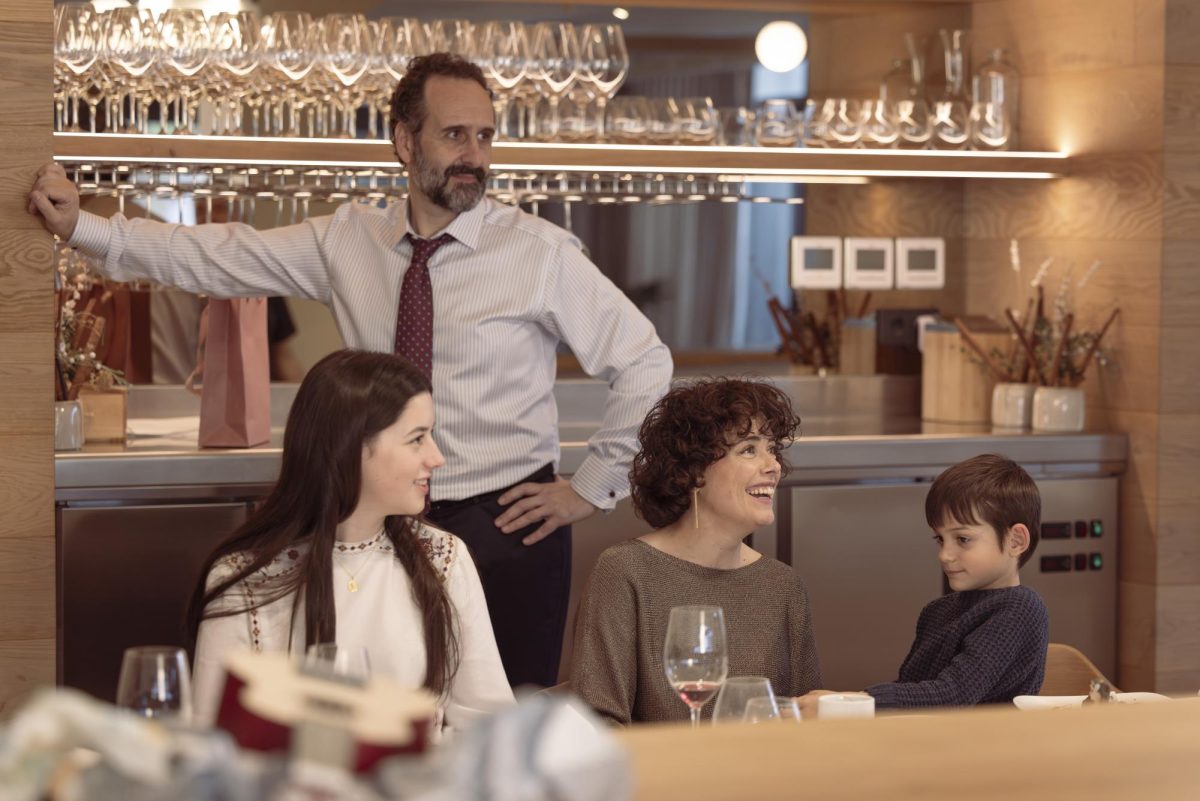
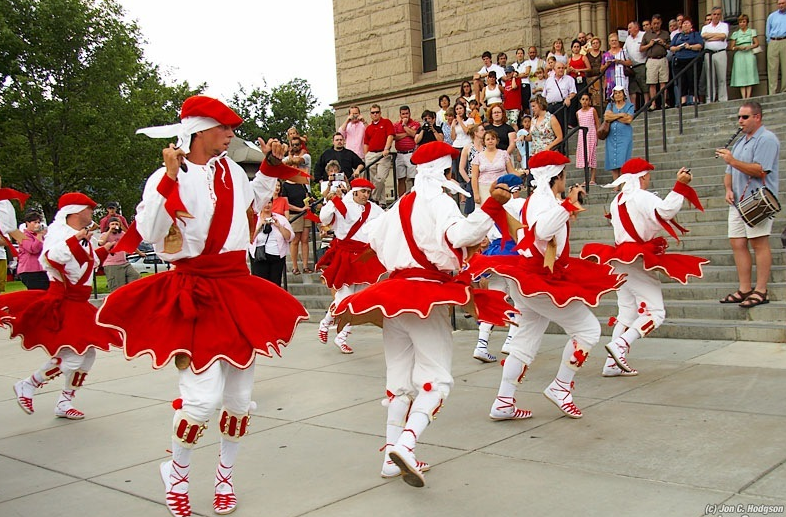
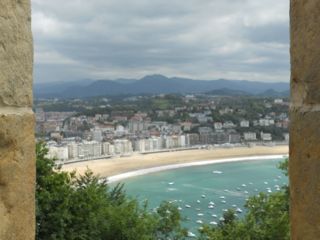
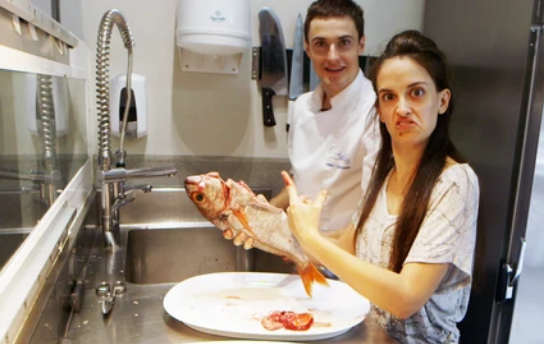
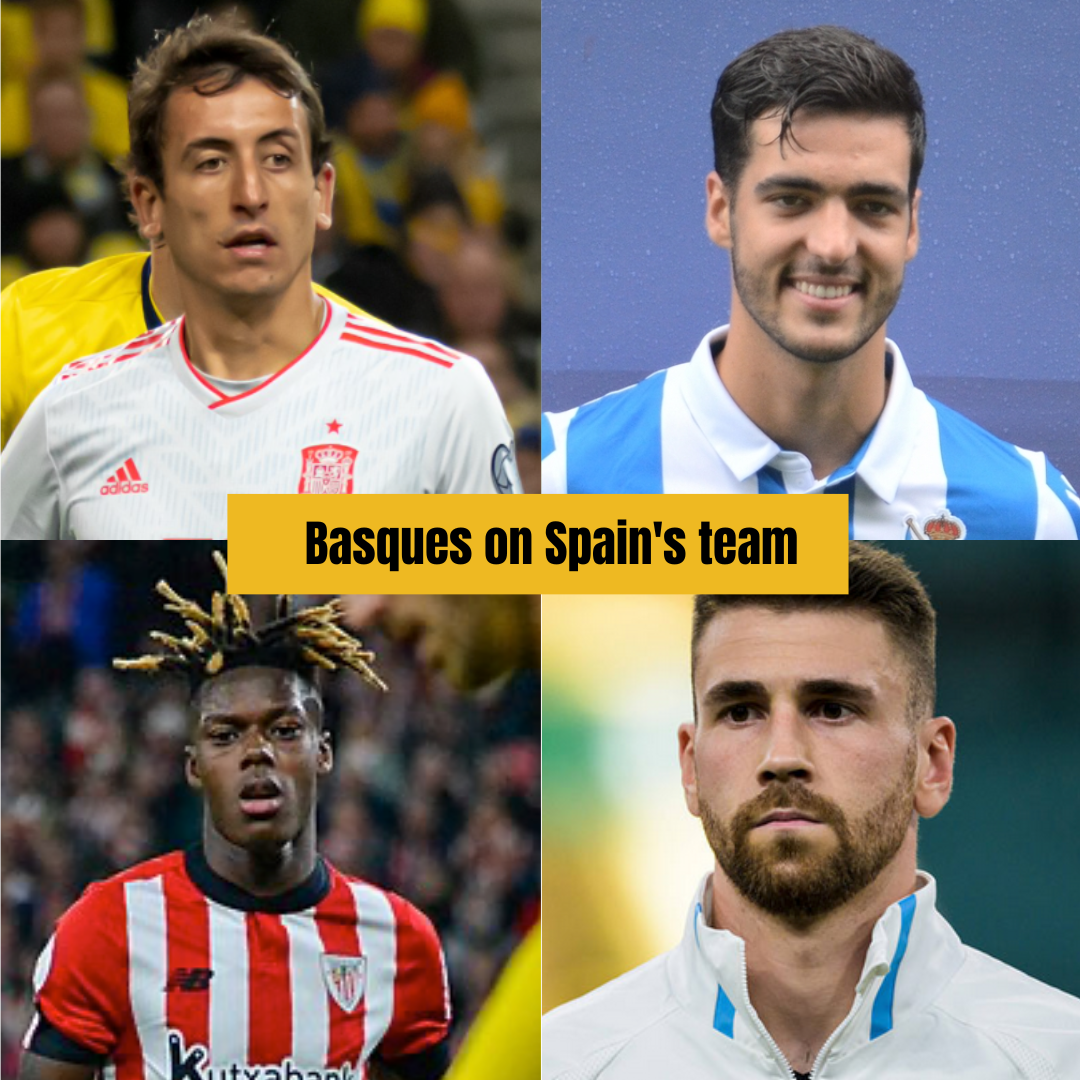
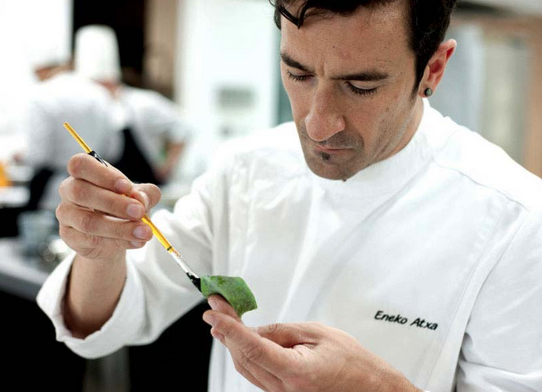
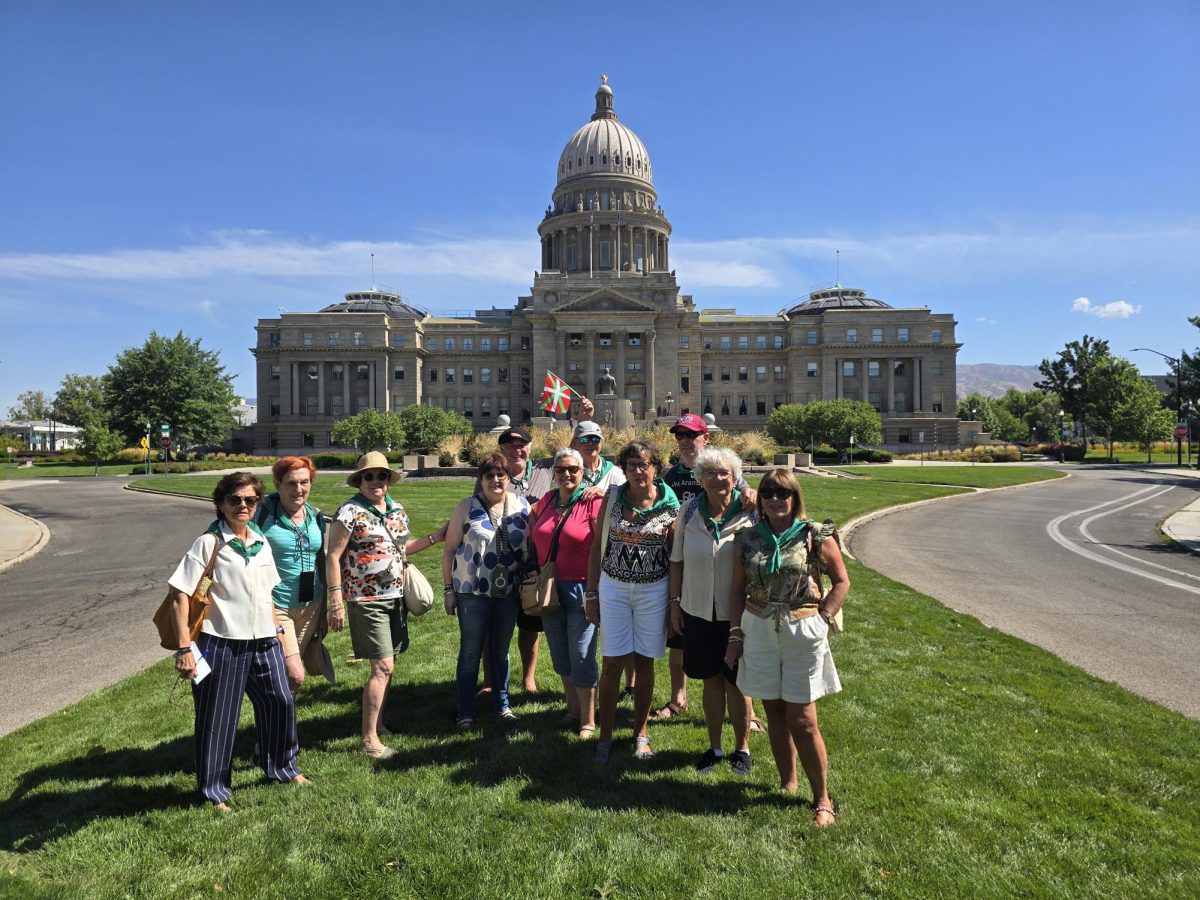
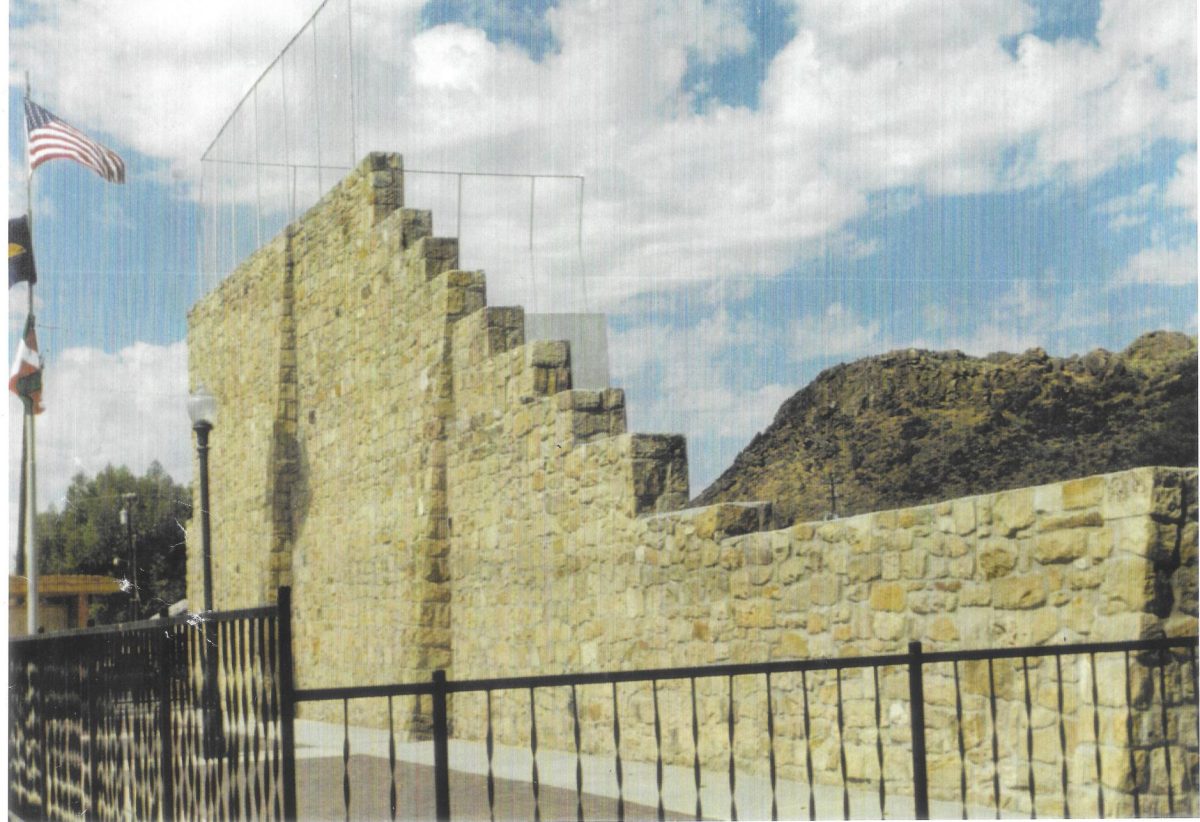
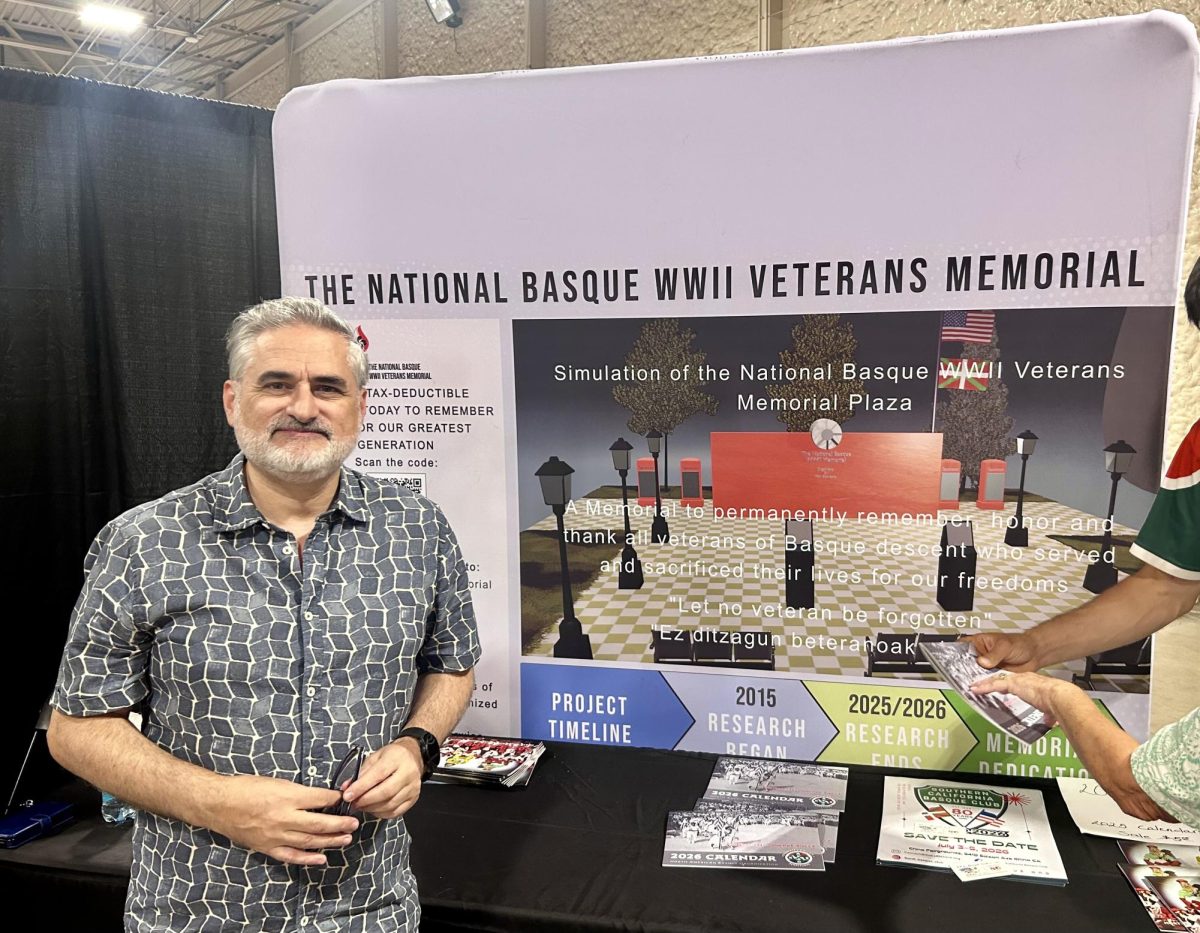
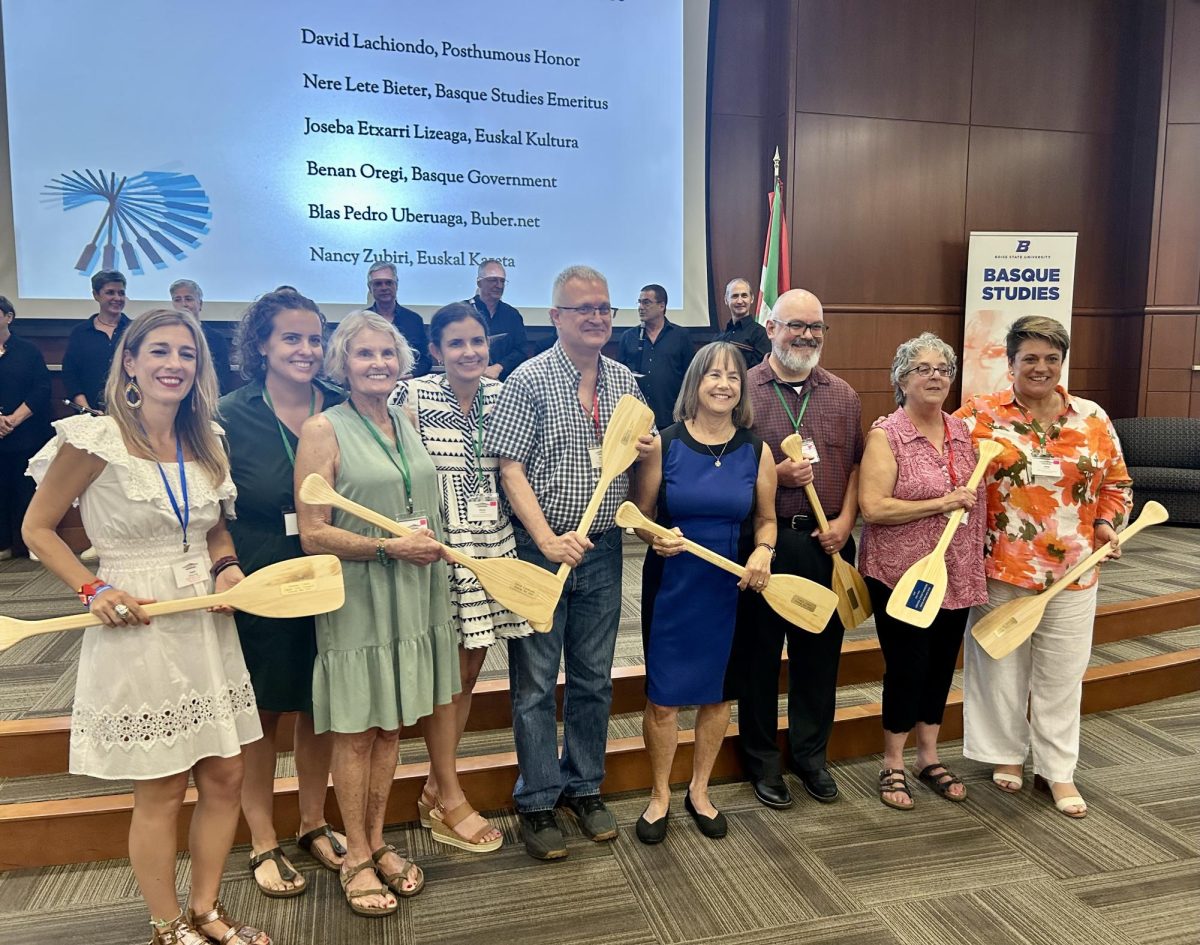
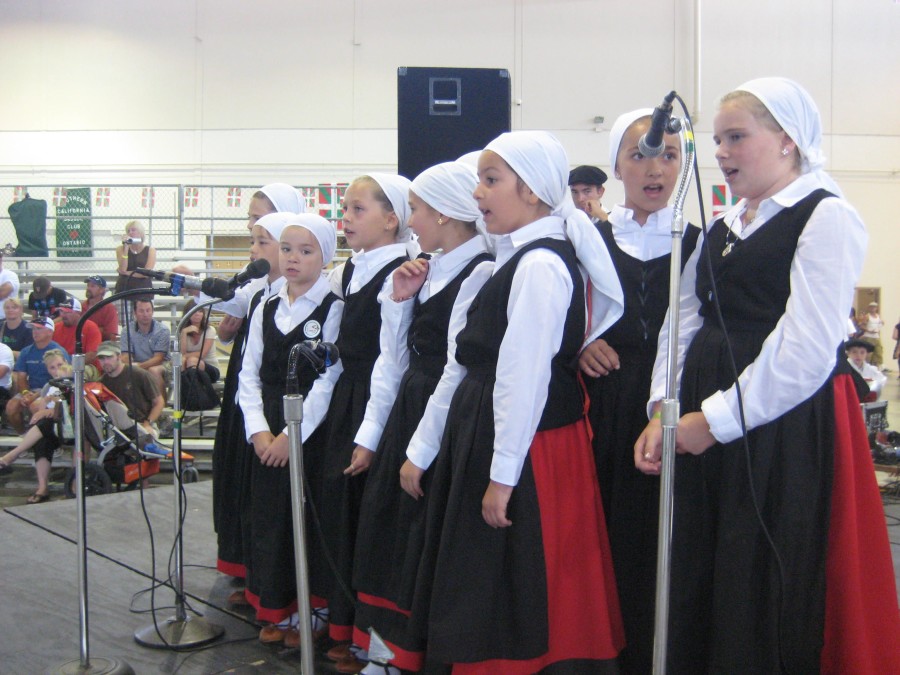
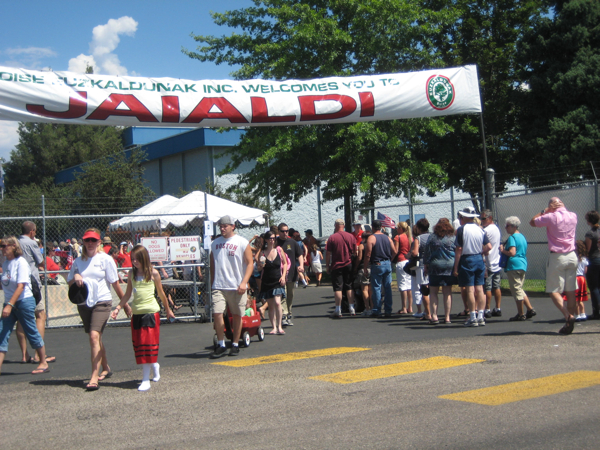
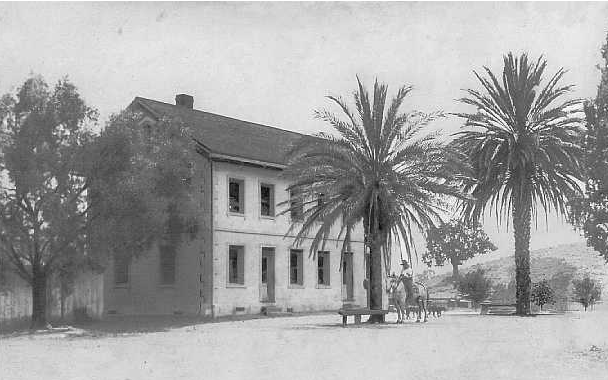
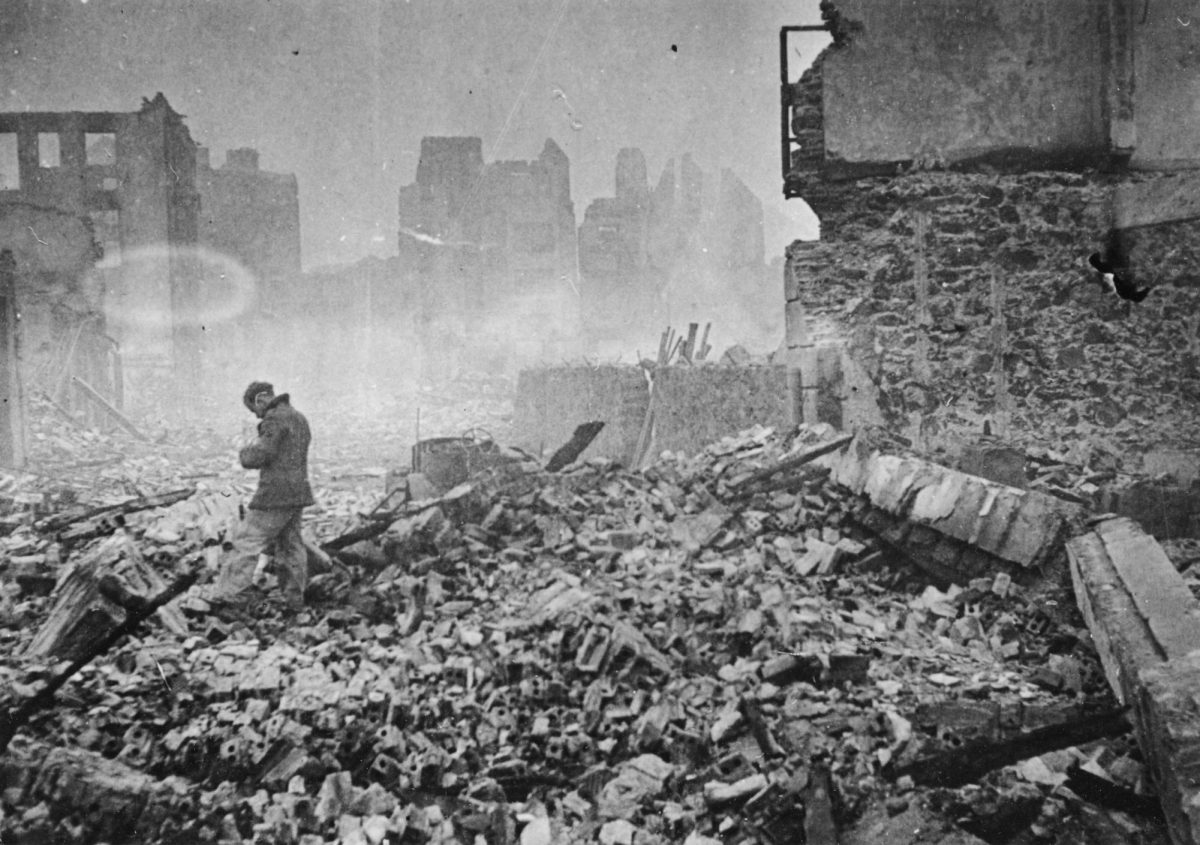
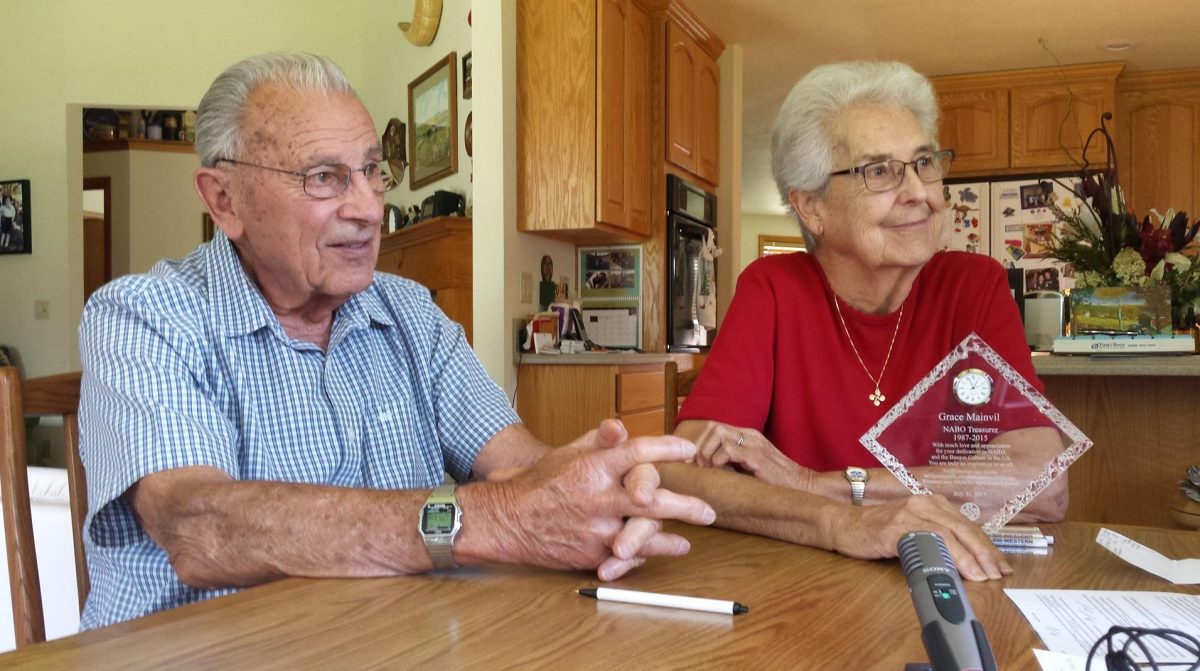
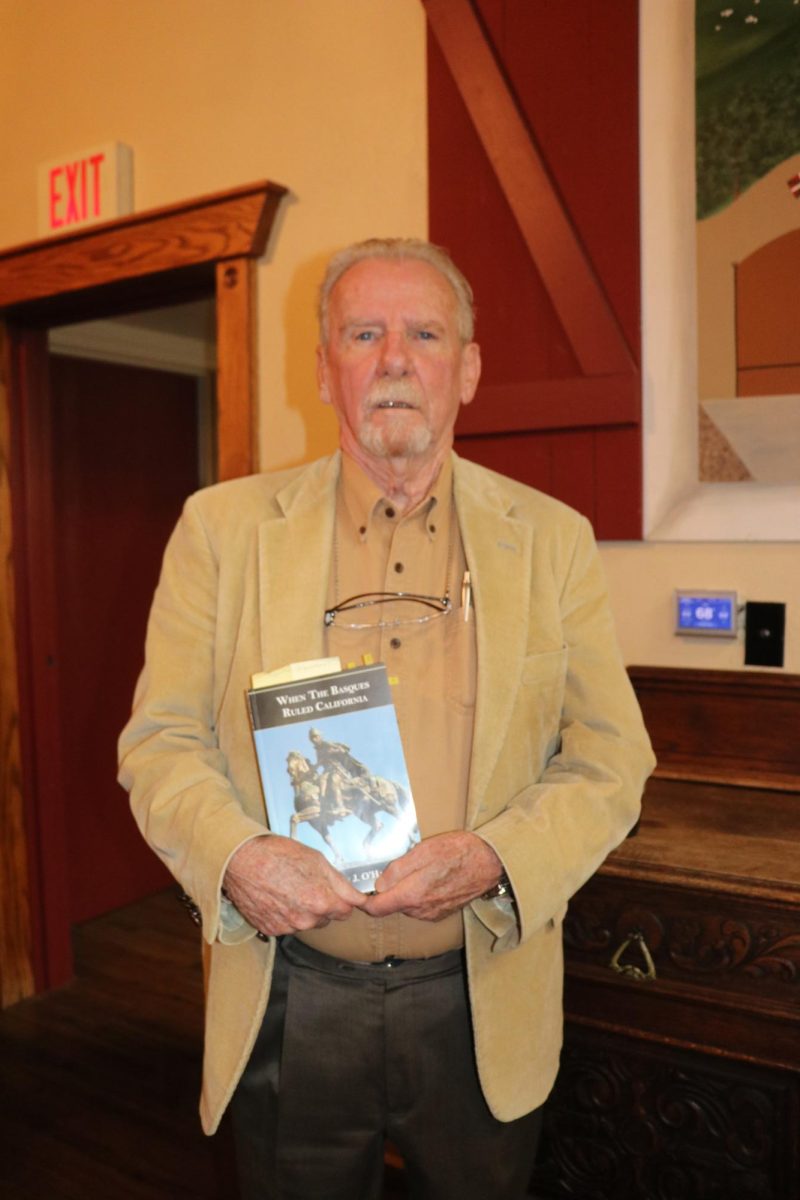
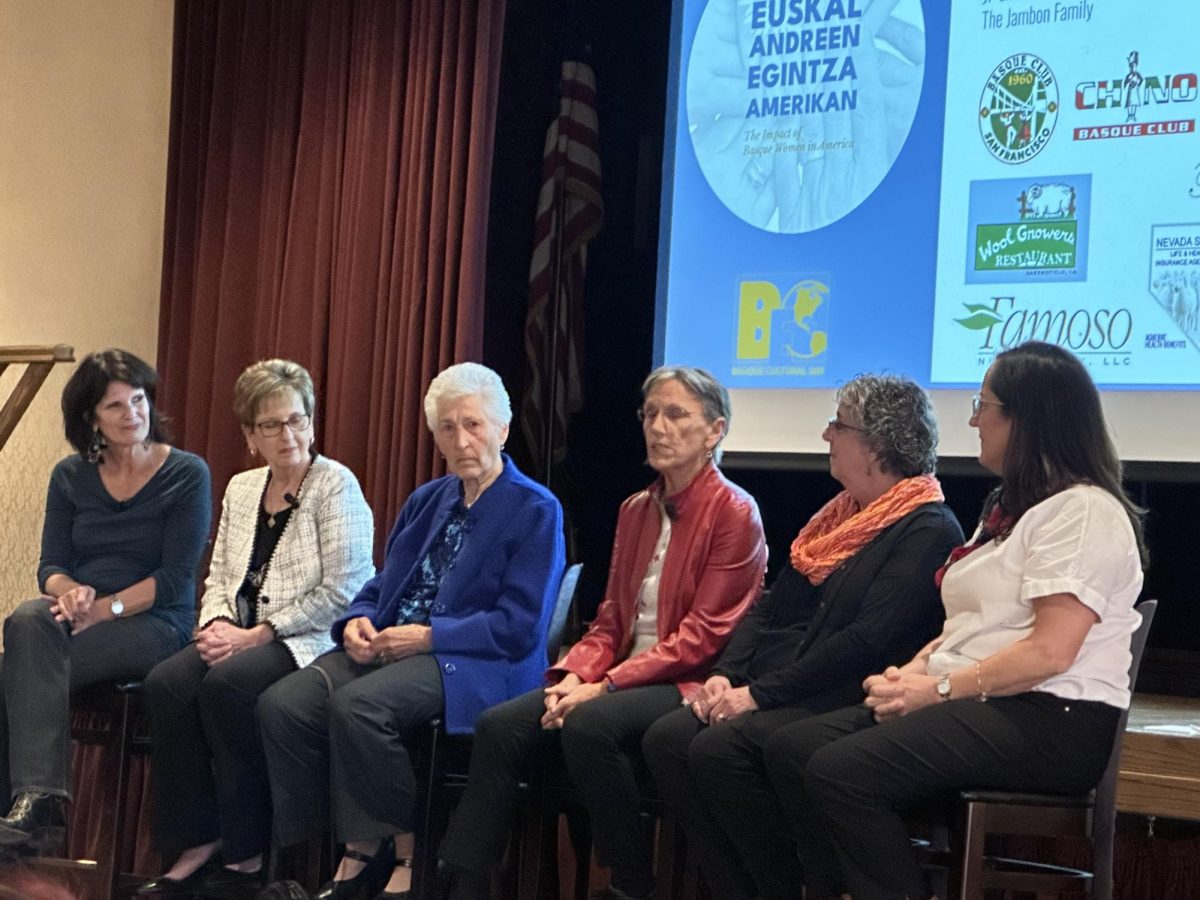
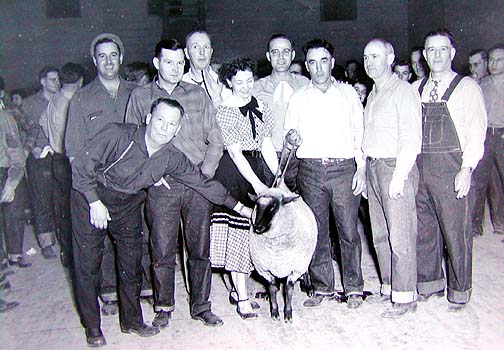
Tomás Mac Conmara • Jan 13, 2019 at 8:26 am
I am the Manager of a folklore and oral history project for University College Cork, in Ireland. I am organising a visit to a European oral history project in the next year and am wondering if this project is still ongoing? I would love to come and meet with whoever is involved, to find out out your approach to the project, findings and to exchange experiences.